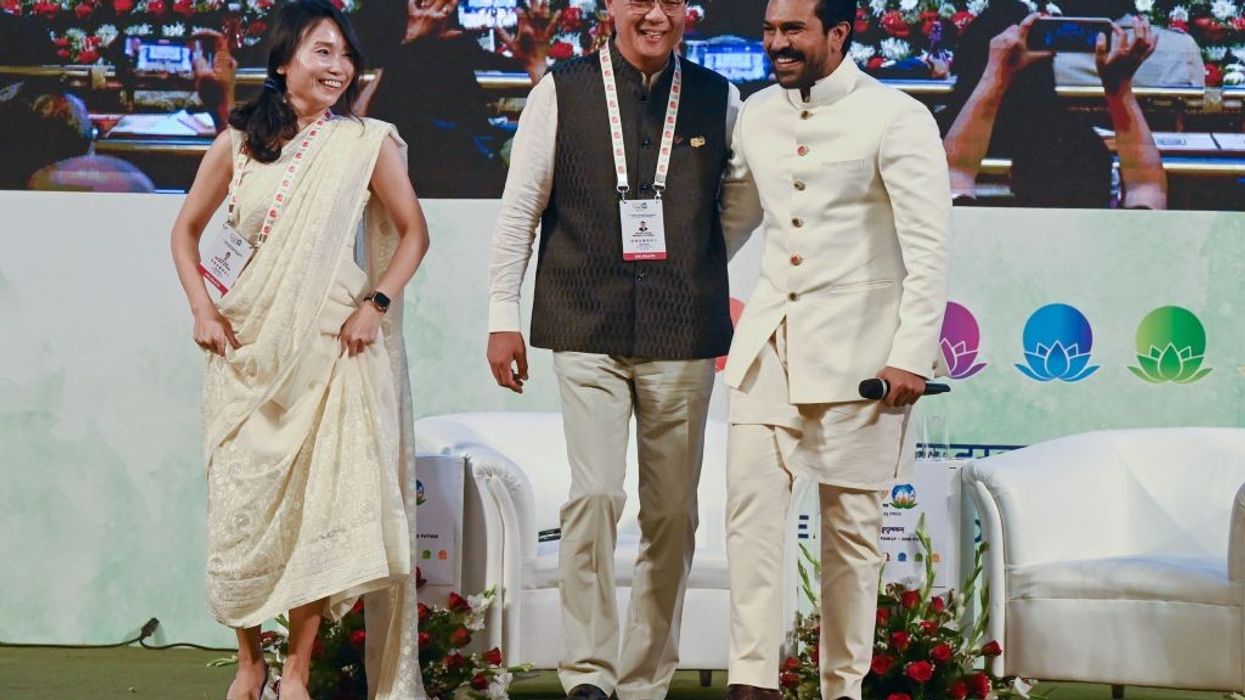Hundreds of people rallied in Pakistan-administered Kashmir on Monday (22) to protest arch rival India's decision to host a G20 tourism meeting in its part of the disputed Himalayan region, said a government official.
New Delhi is hosting the key conference in Kashmir's summer capital Srinagar from Monday to Wednesday, a move which Pakistan and longtime ally China have opposed.
Several protesters demonstrated in Muzaffarabad, capital of Pakistan-administered Kashmir, and other cities, chanting: "Go India go back and boycott, boycott G20 boycott!" , said the official Raja Azhar Iqbal.
Pakistan's foreign minister Bilawal Bhutto-Zardari visited the region and addressed Kashmir's legislative assembly on Monday. He termed the G20 gathering as illegal, and an attempt by India to seek legitimacy over its control of the disputed region.
"India is misusing its position as G20 chair," he said, and urged the world to take note of New Delhi's "gross human rights violations" since India scrapped Kashmir's independent status in August 2019 and annexed the region as part of its territory.
Indian foreign ministry didn't respond to a request for a comment.
G20 consists of 19 rich nations and the European Union. India at present holds it presidency, and is set to host its annual summit in New Delhi in September.
India hopes the meeting will help revive international tourism in the scenic Kashmir Valley which has been roiled by a violent Islamist insurgency against Indian rule since 1989, although violence levels have fallen in recent years and domestic tourism boomed.
(Reuters)
Hundreds rally in Pakistan-ruled Kashmir against India G20 meet
New Delhi is hosting the key conference in Kashmir’s summer capital Srinagar from Monday to Wednesday, a move which Pakistan and longtime ally China have opposed




